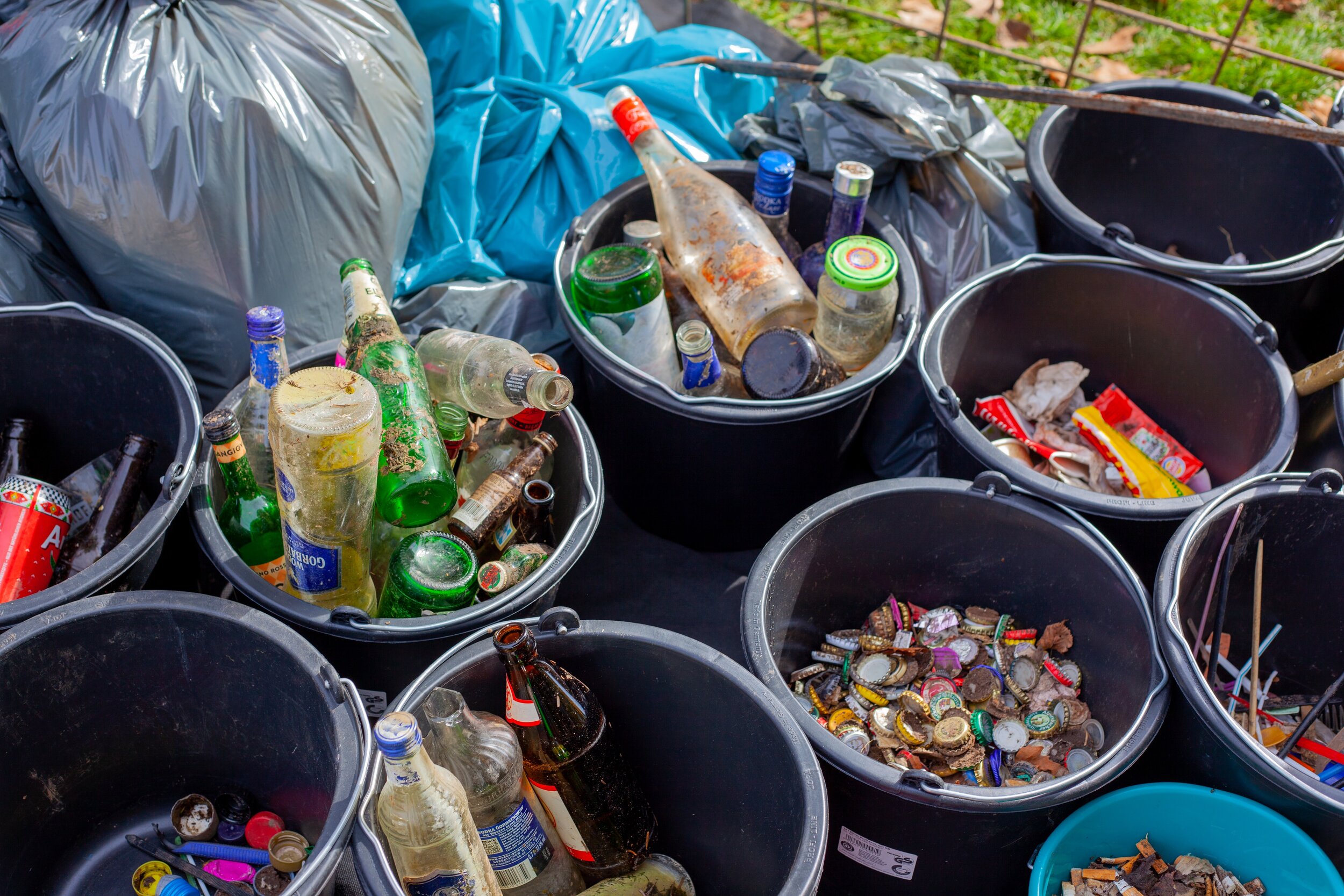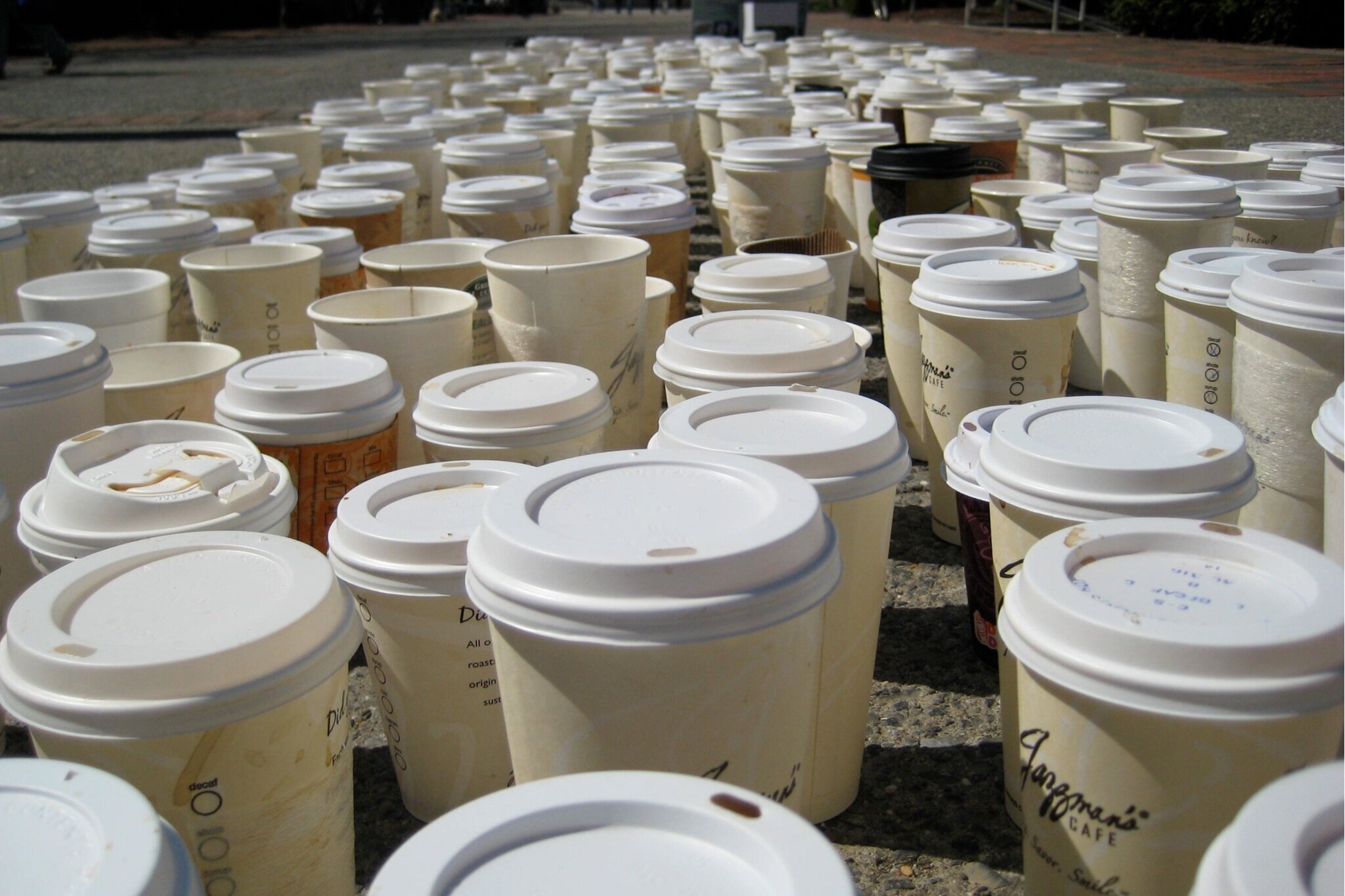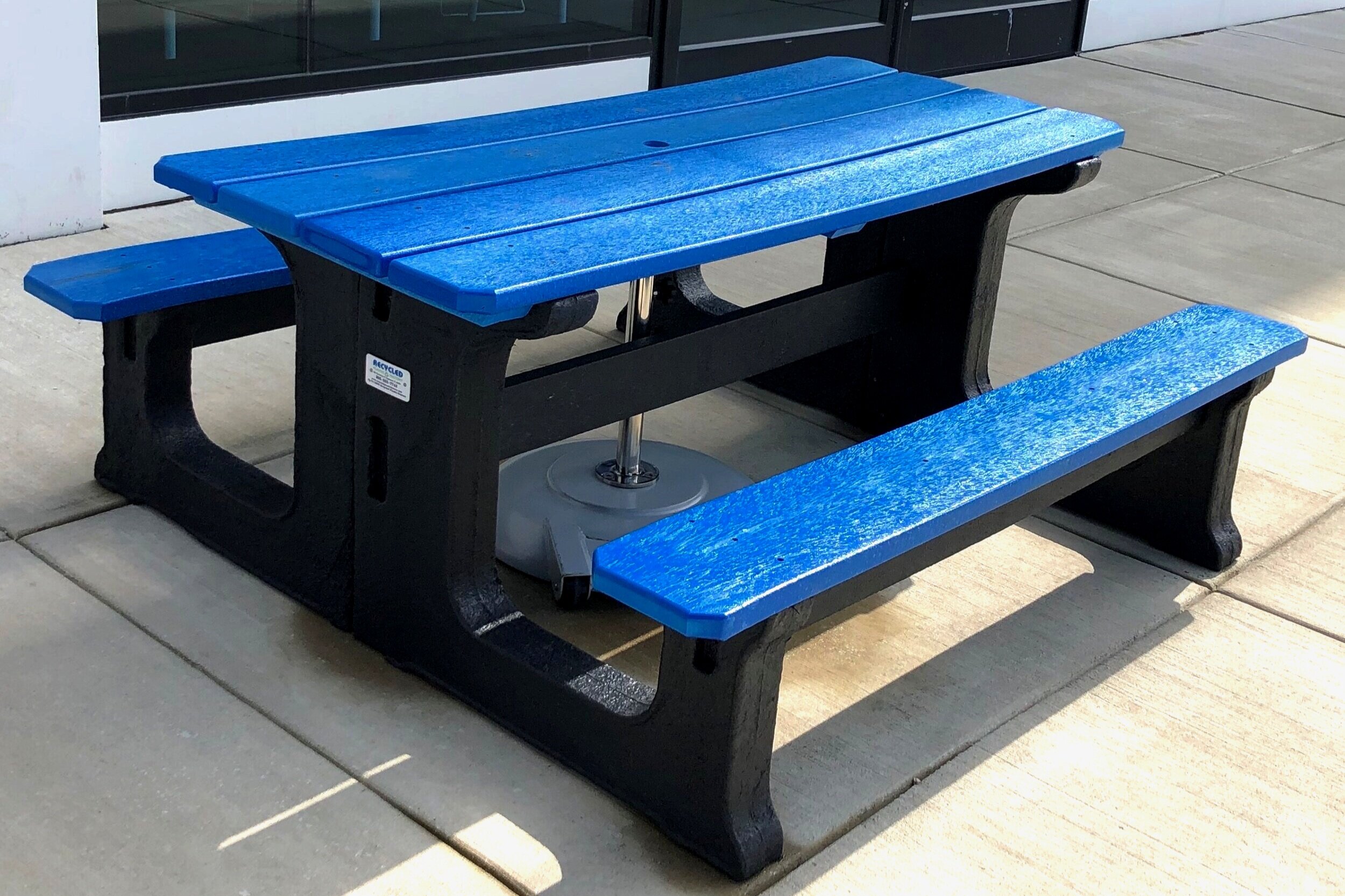Kitchen Science: Trash Audit
Every day you have a choice to recycle or trash an item. Did you know that the average American throws away 4.51 pounds of waste each day? And did you know that American households throw away fifty billion dollars' worth of food every year? As waste generation and costs of trash disposal continue to become more of a pressing issue, it's important to find new ways to reduce waste and increase recycling. One audit alone will not reduce your household waste, but it is a starting point for your family to make informed decisions on what you purchase. If you are up for the challenge, use your observation and math skills to perform a trash audit in your home.
Tools:
Pen and Paper
Tally Sheet (Optional)
Trash bin
Sorting trays or bins
Gloves or kitchen tongs
Goggles (optional)
Weight Scale (optional)
Steps:
Step 1: First, conduct initial research of your kitchen and make a hypothesis, an educated guess, on how much trash in your bin is trash versus recyclables. Use your knowledge of what your family eats to help make better “guesstimate.” Record this hypothesis at the top of your tally sheet or paper.
Step 2: Be sure to prep for your trash investigation and put on your safety gear! Select a day not long after your trash was emptied. This will ensure you are not sorting through the week-long smelly concoction, but also making sure enough time has passed for the bins to collect some waste to perform this audit.
Step 3: Grab a bin of trash, also include other family members or friends to make this job quicker, and let’s dig in! Sort and tally your trash into either “Trash” or “Recyclables” piles. You can also include other categories such as “Compost” or “Electronic waste” (E-waste). Also, be sure to have at least a bin or tray for every category to help sort and count correctly.
Step 4: Once you have finished sorting, make a final count of your tallies and total each category. If you are weighing your tray for each category, be sure to write that down too. Share your trash challenge with a picture of your results and tag #SubaruLovesLearning #ChallengeAccepted #Dontfeedthelandfills.
Step 5: Put your tally sheet somewhere safe and clean up, wash your hands, and put your trash in proper bins, such as recycling, mixed paper, compost, if you have them.
To Do or Learn More:
Continue your waste audits throughout the year and brainstorm ways that your family specifically could conserve food, recycle more, or reduce your waste. What about your school?
Could you Compost at Home? Do your own research to find local compost drop-off spots, if your family does not have room for your own compost pile.
Create your own house’s recycle bins with good labels to ensure you are recycling at full capacity!
Discover the Roots of Trash with this Science NetLinks Lesson.
Join the movement and help to collect the items (cups, lids, and straws; candy and snack wrappers; and coffee and creamer capsules) and find a participating Subaru retailer here to drop-off these items. In return, Terracycle turns your trash into park benches and tables!
Learn what is recyclable from Waste Management and Republic Services, but please do not forget to check with your local recycling companies too!
Try new ways to reuse rubbish with this AAAS/Subaru Prize Book, This Book Stinks.


